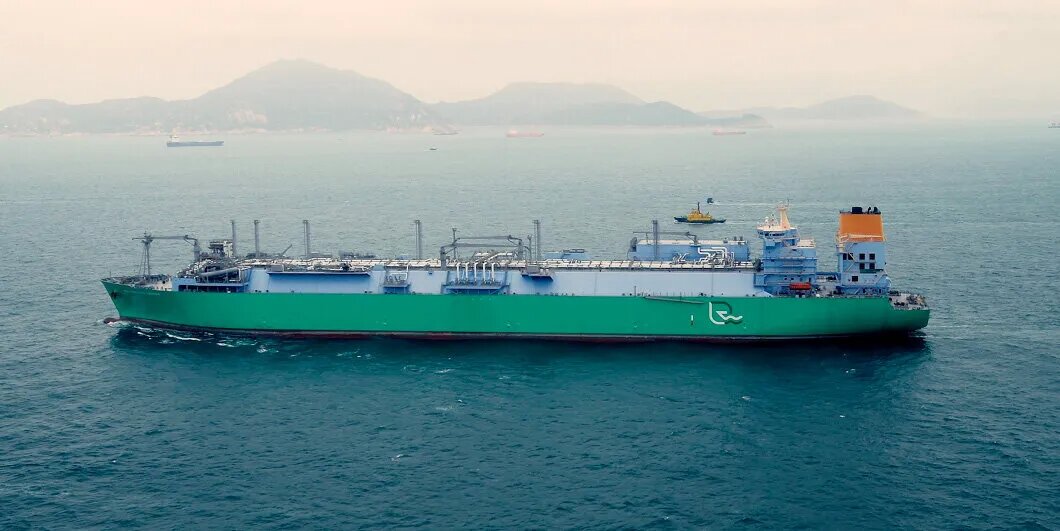Newlight, RINA testing for the hydrogen retrofit of naval engines completed
South Korean shipbuilding group HD Hyundai has announced
another initiative to revive the US sector of
shipbuilding, an industrial segment that is included in the
President Donald’s National Industry Growth Programs
Trump. After reaching an agreement with the American Edison Chouest
Offshore to build container ships in the USA, having planned
huge investments in US shipyards and having
announced an agreement with the American Huntington Ingalls Industries
(
of 23
June and 29
August and 27
October 2025), yesterday HD Hyundai announced an agreement with the
Siemens to accelerate digital transformation and
modernization of the U.S. shipbuilding industry, in
with the aim of improving the quality of the
design, minimizing production risks and costs,
automating the assembly and installation processes of
blocks and optimizing production.
In addition to technological cooperation, the two companies
jointly develop vocational training programmes
to train qualified experts in shipbuilding. HD
Hyundai plans to send instructors to more than thirty training centers
Siemens training in the United States to offer training
practice. In addition, building on its academic partnerships
with important universities such as the University of
Michigan and the Massachusetts Institute of Technology, HD Hyundai
plans to develop specialized study programs in
engineering, digital design and process automation.
Meanwhile, the American Newlight announced today the
successful completion of the Factory Acceptance Test (FAT) of the
own hydrogen retrofit system for two-and-a-half main engines
four-stroke: a technology that allows greater efficiency in
fuel consumption and lower emissions, marking an important step forward from the
prototype to installation on ship. The FAT has led to the
verification of all aspects of security, control and
monitoring, electrical integration and motor behaviour in
real operating conditions. The system, designed and built in
compliance with the IGF Code – security code
for ships using gas or other fuels at
low flash point – as well as validated
according to the RINA class rules for hydrogen-powered ships,
allows existing diesel engines to run on a mixture of
hydrogen and conventional fuel, reducing CO2 emissions
without having to replace the entire engine. With the completion of the
FAT, Newlight now prepares for the next phase: the Harbor
Acceptance Test (HAT), which will be conducted under the
supervision of RINA during the commissioning of the system on the
first ship.
“This milestone – underlined Haran Cohen Hillel,
co-founder and CEO of Newlight – shows that
Our hydrogen systems behave exactly as you expect
a vessel operator: consistent responses and wide margins of safety,
with tangible benefits in terms of efficiency. Shipowners
will be able to immediately reduce consumption and emissions, without
downtime and without sacrificing performance. The system is
designed to be installed in real machine rooms, it is now
ready to move from the factory to the ships”.
“Considering the results of the FAT – commented Patrizio
Di Francesco, North Europe special projects manager and principal
engineer of RINA – I can say that the solution has been
proven robust and designed with a clear focus on
security aspects. Its functions of sensing, ventilation,
segregation and arrest are fully in line with the objectives of
security established by the IGF Code. The success of this phase
represents a significant step towards the creation of
fully integrated hydrogen turbines, able to meet the needs of
Strict requirements of maritime operations and regulatory frameworks
international ones”.





